House Harkonnen are the iconic villains of the Dune universe. Once lords over Arrakis until their replacement by House Atreides, this House is known for characters such as the greedy Baron Vladimiri, the brutish Glossu “Beast” Rabban, and the sadistic schemer Feyd-Rautha. But the new HBO series Dune: Prophecy gives viewers a much more nuanced look at the traditionally villainous House. This is accomplished primarily by Dune: Prophecy‘s decision to focus on Valya and Tula Harkonnen, two sisters who have risen to leadership roles within the Bene Gesserit Sisterhood.
Set 10,000 years before the events of Dune, Dune: Prophecy sees House Harkonnen forced into exile due to their supposed cowardice during the war against the “thinking machines.” Valya and Tula are raised desiring to see their House restored to its power and desperately wanting revenge against House Atreides for putting them into this position. Ultimately, both Valya and Tula end up as members of the Bene Gesserit Sisterhood, with Valya as the Mother Superior of the entire order – but both feel conflicted due to remaining ties to their family.
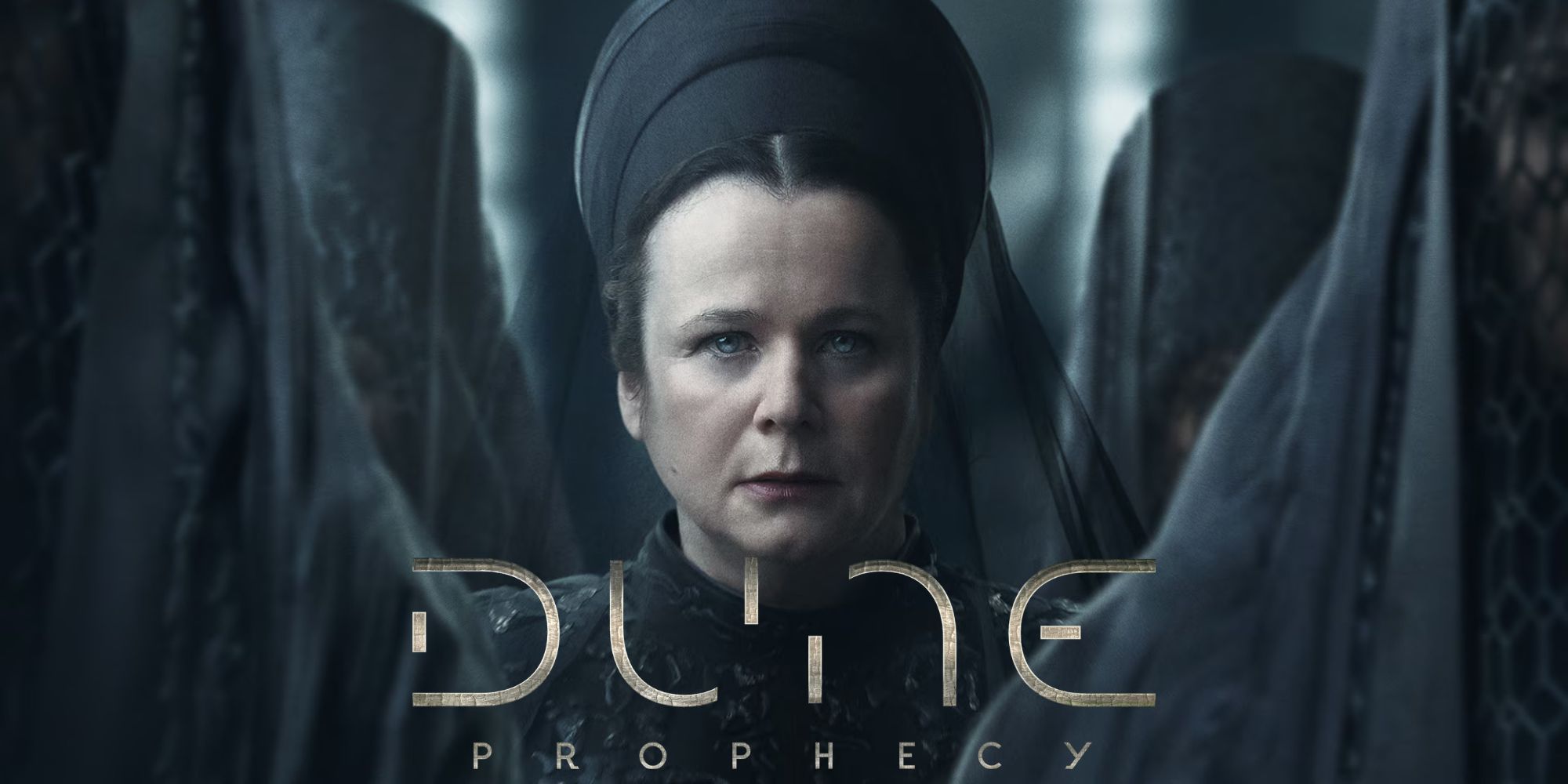
Related
New Dune: Prophecy Trailer Confirms Return to Arrakis
A new trailer for HBO’s Dune: Prophecy series teases familiar families and locations.
Valya Feels Torn Between The Sisterhood And Her Family
Throughout the series, Valya struggles with the question “Am I a Harkonnen, or am I a Bene Gesserit?” When asked how Valya would answer that question at the beginning of the series, actress Emily Watson gave a mysterious smile and replied “I think Valya never answers a question straight.” Olivia Williams, who plays Tula, immediately slipped into the role of the teasing sister and added, “And neither does Emily Watson!”
Watson did acknowledge that Valya feels a “burning desire for revenge” regarding House Harkonnen’s cruel treatment. It is this as much as it is her desire to further the Kwisatz Haderach breeding program that prompts her to involve the Bene Gesserit more deeply in the affairs of the Imperium. She sends Sister Kasha to advise Emperor Javicco, encourages Princess Ynez to study with the Sisterhood, arranges marriages, and manipulates political decisions via her agents throughout the Galaxy.
Neither Sister Has Forgotten What Was Done To Their House
Dune: Prophecy paints a bleak picture of what life was like for House Harkonnen after their exile – small, barely heated homes, frigid winters, negotiating desperately in the marketplace for a bit of food. Even as they grow and join the Sisterhood, Valya and Tula never forget the indignity of their childhood and never stop longing for the glory of their House’s past. Describing Tula’s thoughts on her House, Olivia Williams said:
“Well, they’re just misunderstood, as all bad people are. The origin story is never as simple as history sometimes portrays…Also – it’s a debate that’s going on in the world at the moment. What made the Harkonnen so brutalized – generations of injustice.”
Williams went on to explain that, in preparation for the roles, she and Watson visited the Royal Portrait Gallery to view and spend time with portraits of the Tudor royals. In embodying Valya and Tula, they drew inspiration from many key Tudor women – women who balanced family and politics, women who ruled from the shadows when men held all the visible power, and women who made their voices heard despite society telling them to be quiet.
The Harkonnen sisters of Dune: Prophecy are like no members of House Harkonnen that Dune fans have previously seen. They are neither solely heroes nor solely villains, but complex characters raised in the indignation of exile who have managed to rise above their family’s disgrace – but have never forgotten what they suffered. This new, nuanced take on House Harkonnen is just one of the things that makes Dune: Prophecy such a unique story that will feel fresh to even long-time Dune readers and watchers.
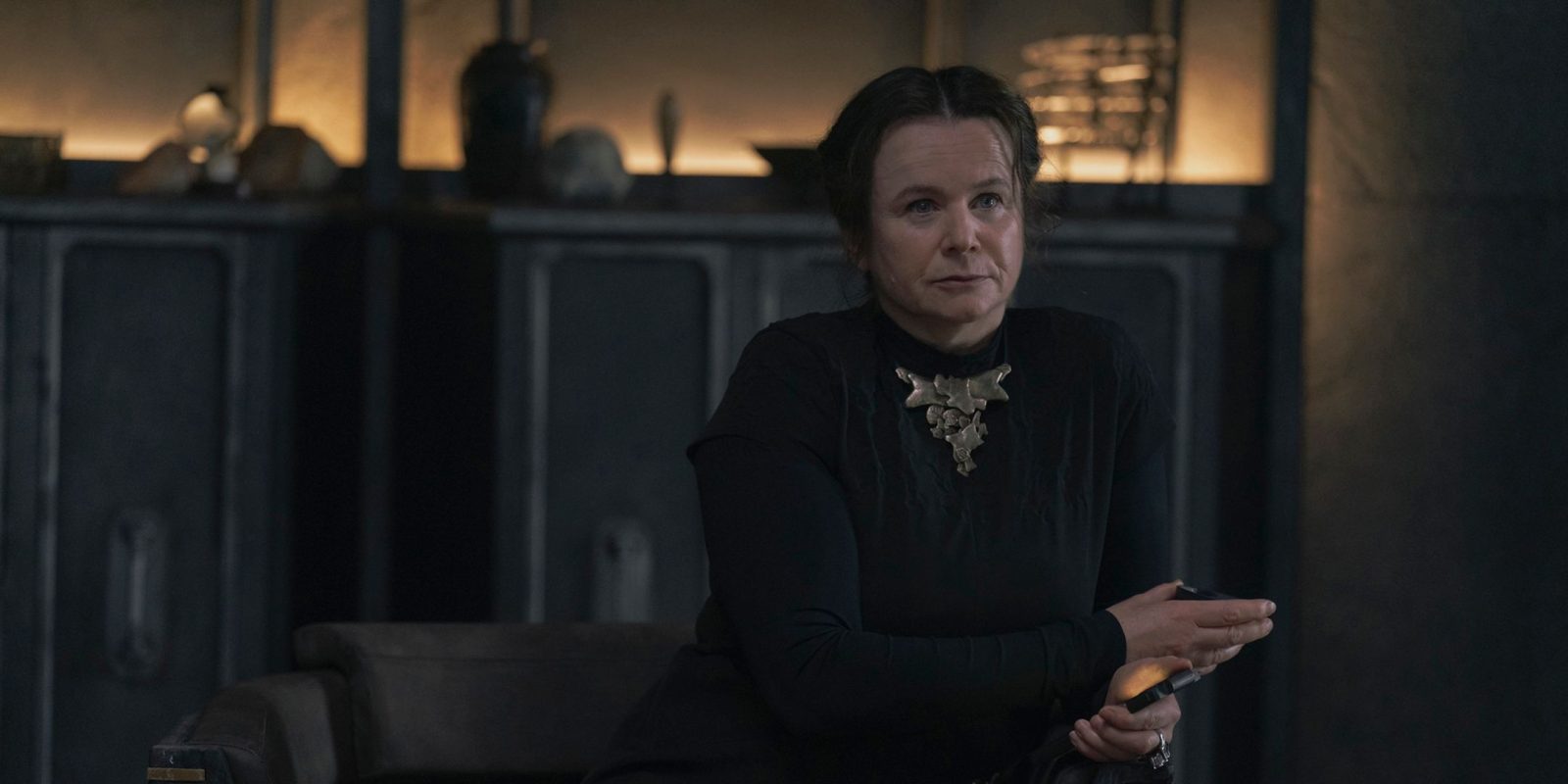
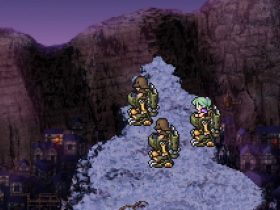
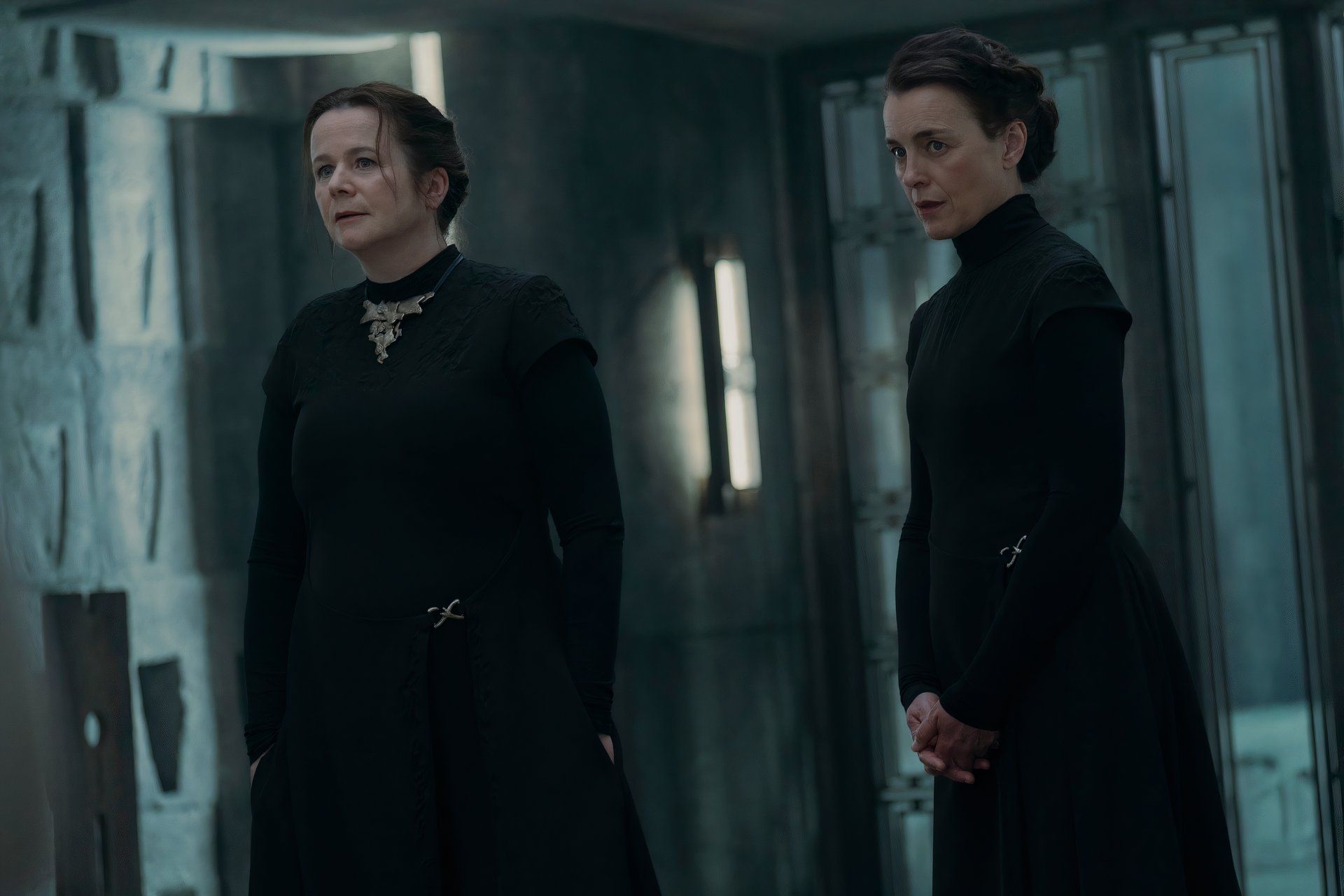
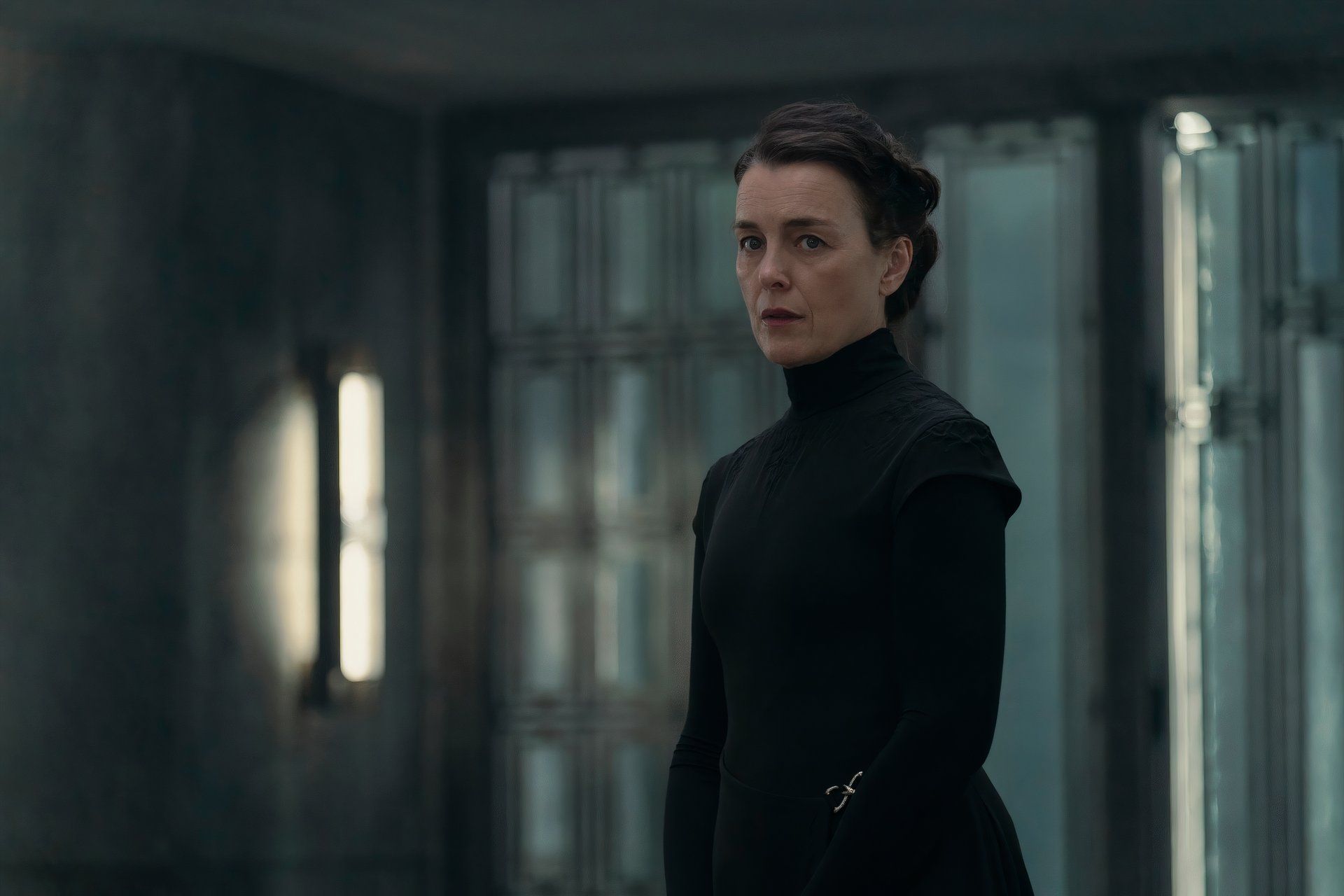
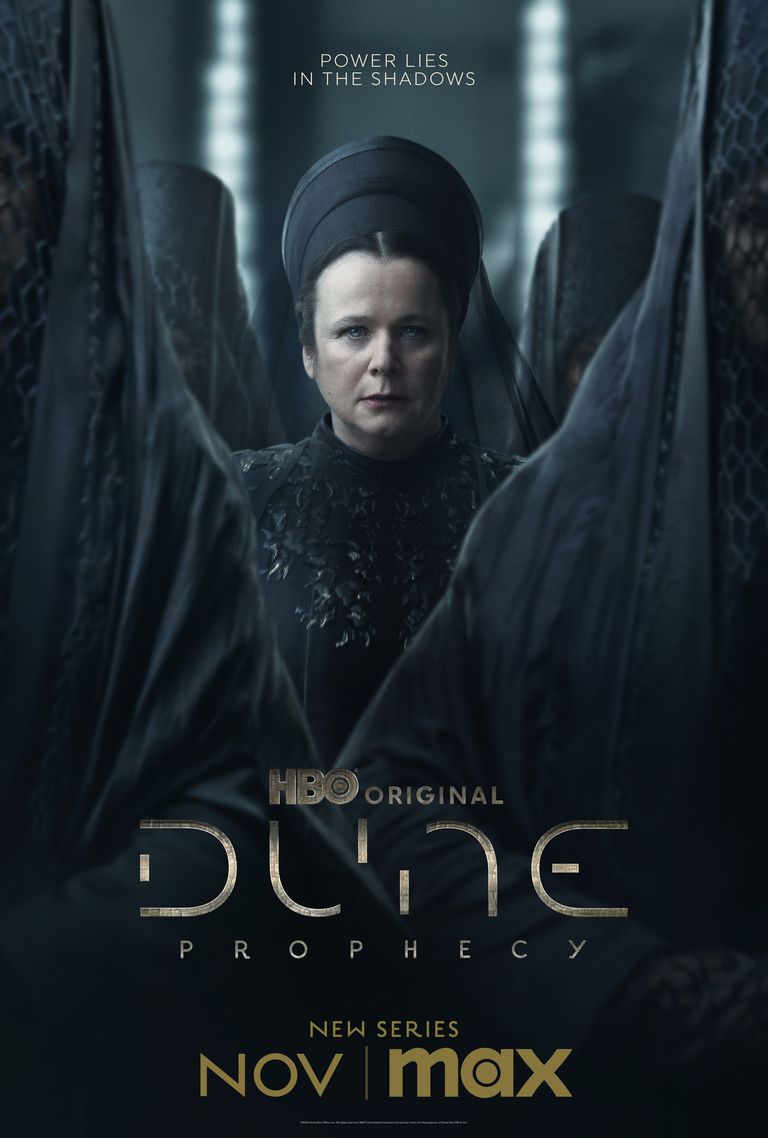
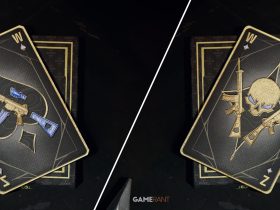

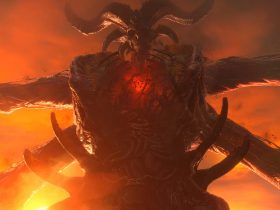
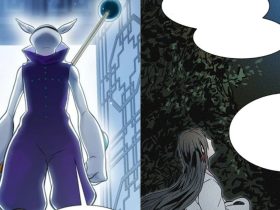

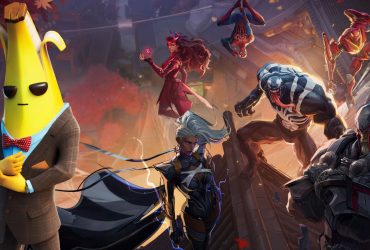




Leave a Reply